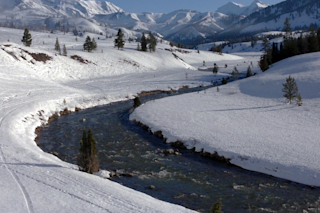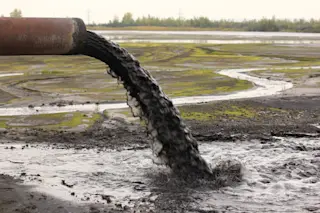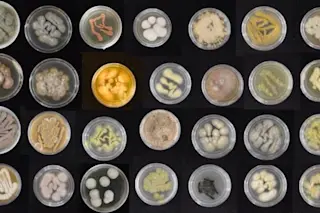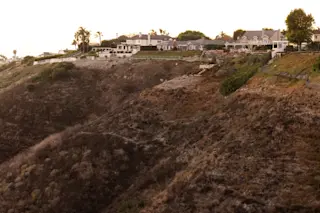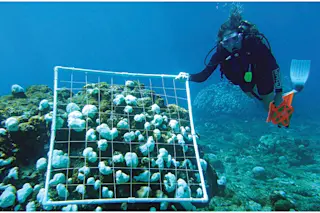What do you get when you mix oil and dispersants? A mixture that doesn't seem to be more toxic than oil alone, the EPA said yesterday. Their statement came after a second round of testing eight oil dispersants. The EPA tested the response of two sensitive Gulf species, the mysid shrimp and a small fish called the inland silverside, which they exposed to mixtures of dispersants plus oil and to oil alone.
The results indicate that the eight dispersants tested are similar to one another based on standard toxicity tests on sensitive aquatic organisms found in the Gulf. These results confirm that the dispersant used in response to the oil spill in the Gulf, Corexit 9500A, is generally no more or less toxic than the other available alternatives. [EPA statement]
Chemical dispersants help break down oil, in theory putting it in a form easier for microbes to consume. Still, dispersants ...



